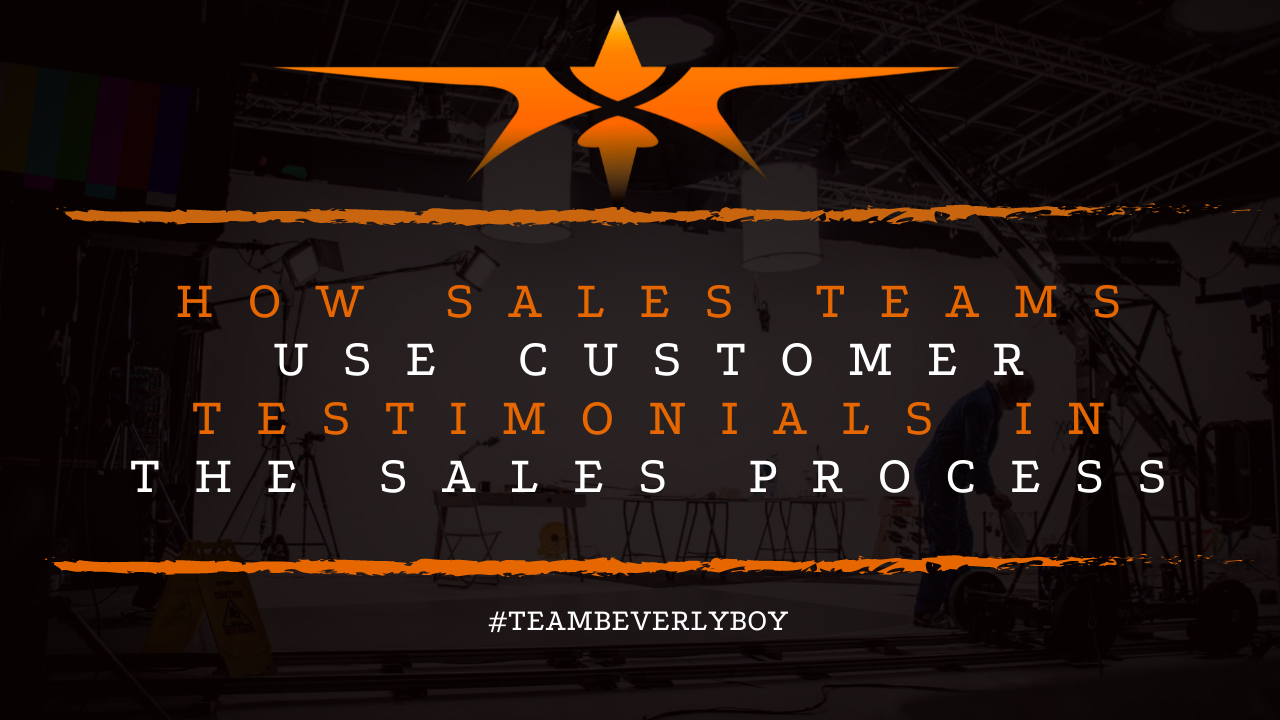
How Sales Teams Use Customer Testimonials in the Sales Process
With 92% of customers reading reviews before they make a purchase and 72% of consumers stating that they will ONLY take action after they have seen a positive review, the use of testimonials throughout the sales process is no longer something that brands can sleep on. Customer testimonials are actually used throughout the sales process, from the very beginning when consumers are just gaining awareness of a brand at the top of the funnel, until the sale is actually made at the bottom of the funnel where conversions are key. Sales teams utilize reviews to close deals and increase their conversions, but in order to understand how sales teams use customer testimonials in the sales process, you must first understand how consumer decision making and sales work.
Ultimately, the key to utilizing customer testimonials in the sales process is all about leveraging the testimonial in such a way that it directly aligns with the purchasing decision that your buyer is prepared to assume. To help you understand how sales teams use customer testimonials in the sales process, Beverly Boy Productions has broken down exactly how sales teams determine when to use testimonial videos, where customer testimonials are used in the sales process, and why sales teams use customer testimonials throughout the sales process.
But first, you need to understand how the typical sales process works.

Understanding the Typical Sales Process
The sales process is a step-by-step process that all sales teams engage in as they bring a prospective customer from the beginning stages where they are just gaining awareness of the products or services that are offered by a business to the very end where the prospect has not only become a paying customer, but maybe even to the point that the customer becomes a repeat customer or even a brand advocate that provides their own customer testimonial for the business.
The sales process for most businesses will go something like:
- Prospecting – this is where a pre-defined “ideal customer” is determined and marketing initiatives focus on building brand awareness in front of this prospective audience.
- Lead Qualification – this is where steps are taken upon connecting with prospects to determine whether they are truly the “ideal customer” or not. Does the lead qualify?
- Company Research – this is the next step for a prospect, they are aware of your business and they have a problem that they need to solve, so they are researching the company.
- The Sales Pitch – prospects that make their way down the funnel to this point are considering the brand, and they are the ones that get your sales pitch. Make sure you’re prepared to deal with any objections or rebuttals.
- Conversion – if the sales pitch is a success, the prospect converts into a customer.
- Repeat Buyer & Brand Advocate – if the customer loves the product or service and the business, they might even become a repeat buyer or a brand advocate that provides a customer testimonial of their own.

How Sales Teams Use Customer Testimonials in the Sales Process
Now that you know what the sales process is, let’s take a look at the many different ways that customer testimonials can be implemented into the sales process by the sales team:
- Prospecting – customer testimonials at this stage are focused on building brand awareness. Testimonials provide the stamp of approval for a brand, attracting the audience.
- Lead Qualification – this is a step that the sales team handles, there are no testimonials used here.
- Company Research – customer testimonials are used at this stage to provide prospects with details about the business, to show them that there are real customers like them that the business has helped, and to provide further insight into the company while equally offering a third party endorsement for the brand.
- The Sales Pitch – the sales team will use customer testimonials during the sales pitch to prove the benefits of the brand, the value, and any important details or features that they mention in their pitch so that it is backed up with real customer reviews.
- Conversion – if the testimonials all work out, then the conversion will occur. Additional testimonials might be required for that to happen.
- Brand Advocate – Ideally, your customer testimonials will be such a success that your customers will become repeat buyers and they’ll even want to help by creating customer testimonials for your brand, too!

So, now that you know how sales teams use customer testimonials in the sales process, you can easily see that there are a variety of ways that you could integrate customer testimonials into your sales process to achieve the conversions that are important to the success of your brand.
Ready to put customer testimonials to use for your sales process? Beverly Boy Productions knows how sales teams use customer testimonials in the sales process and can help you get your prospects from the awareness stage to the brand ambassador stage. Give us a call to get started with the production of top quality testimonial videos for your business!


